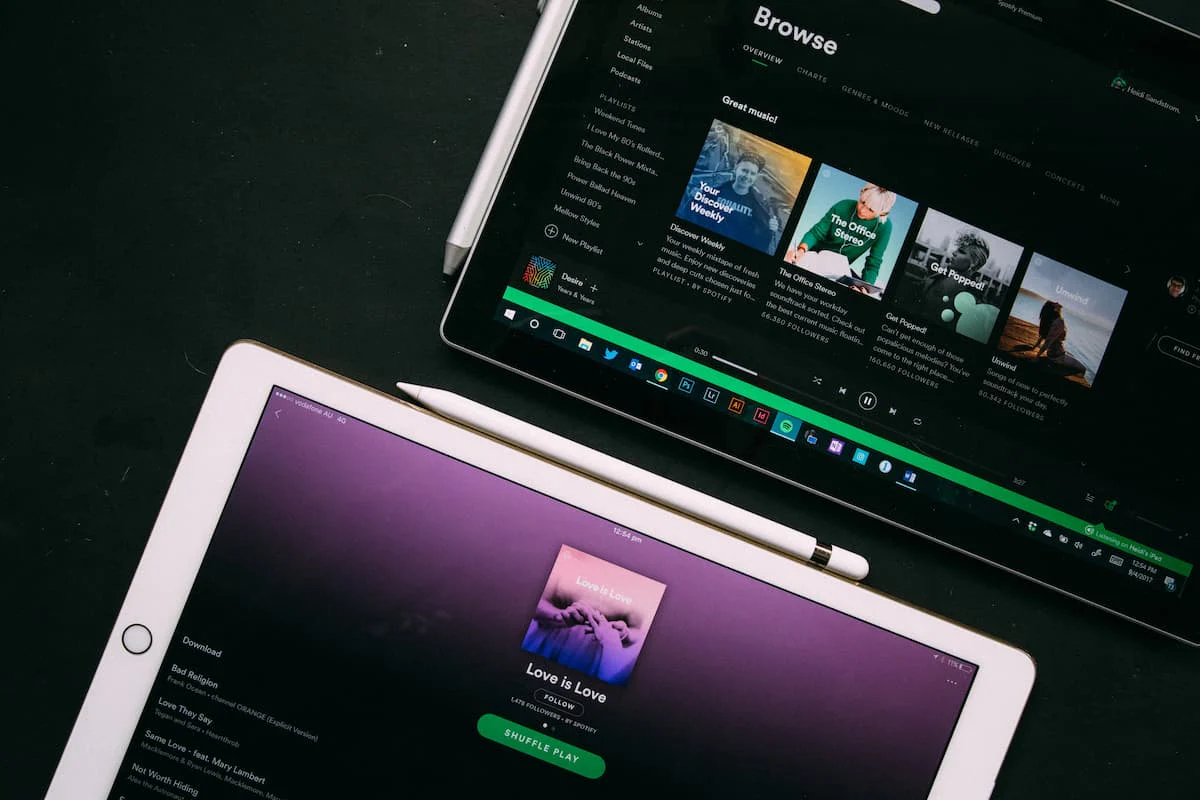Back when your parents' favorite musicians released their music, there was no such thing as Spotify, Apple Music, or YouTube. People listened to records or tuned in to the radio. Record labels held exclusive control as the gatekeepers of all released music until the internet became widely accessible. Suddenly, people started listening to music through platforms like YouTube, marking the beginning of a new era in the music industry.
In the mid-2000s, what could be called the "record label crisis" was vividly demonstrated by independent artists who leveraged this new way of sharing music. In the United States, Chance the Rapper gained massive popularity without traditional label backing, distributing his music directly to fans online. Similarly, in the UK, artists like Arctic Monkeys gained early success by sharing their music on MySpace, bypassing the traditional record label route.
That was 10-15 years ago, and since then, the way we listen to music has fundamentally changed. Today, music is primarily consumed through streaming services. According to recent statistics, the average person now streams music for several hours each day. In countries like the US and the UK, up to 90% of the population either pays for streaming services or relies on free music platforms. Some of the biggest global platforms include Spotify, SoundCloud, Tidal, Apple Music, and Deezer. If you want people to hear your music, these are the platforms you need to be on.
Record labels have found their place again in both the British and American music industries within this new digital landscape. For example, in the US, artists like Billie Eilish and Post Malone are signed to major labels that help them distribute their music worldwide. In the UK, artists like Adele and Ed Sheeran work closely with labels that manage global distribution and marketing. For everyone involved, spreading music across digital platforms is more crucial than ever, and record labels can play a significant role in this.
However, there are other ways to distribute your music. You can individually upload your tracks to various streaming services, or you can use digital distributors. In fact, platforms like Spotify even require you to use a digital distributor to upload your music. Typically, you upload a work—whether it's a single, an EP, or an album—to your chosen distributor. Just as a record label would distribute physical records to stores, these digital distributors ensure that your music is available on all major platforms.
Read on to learn more about the music distribution service Ditto Music and how it could be the platform for you. Scroll down to see a list of other international distribution services.


